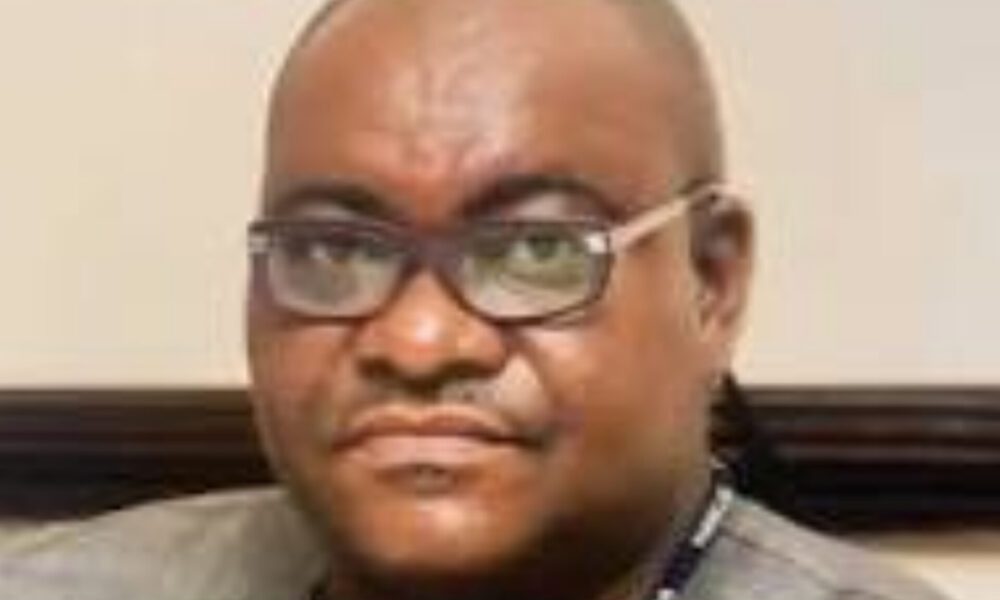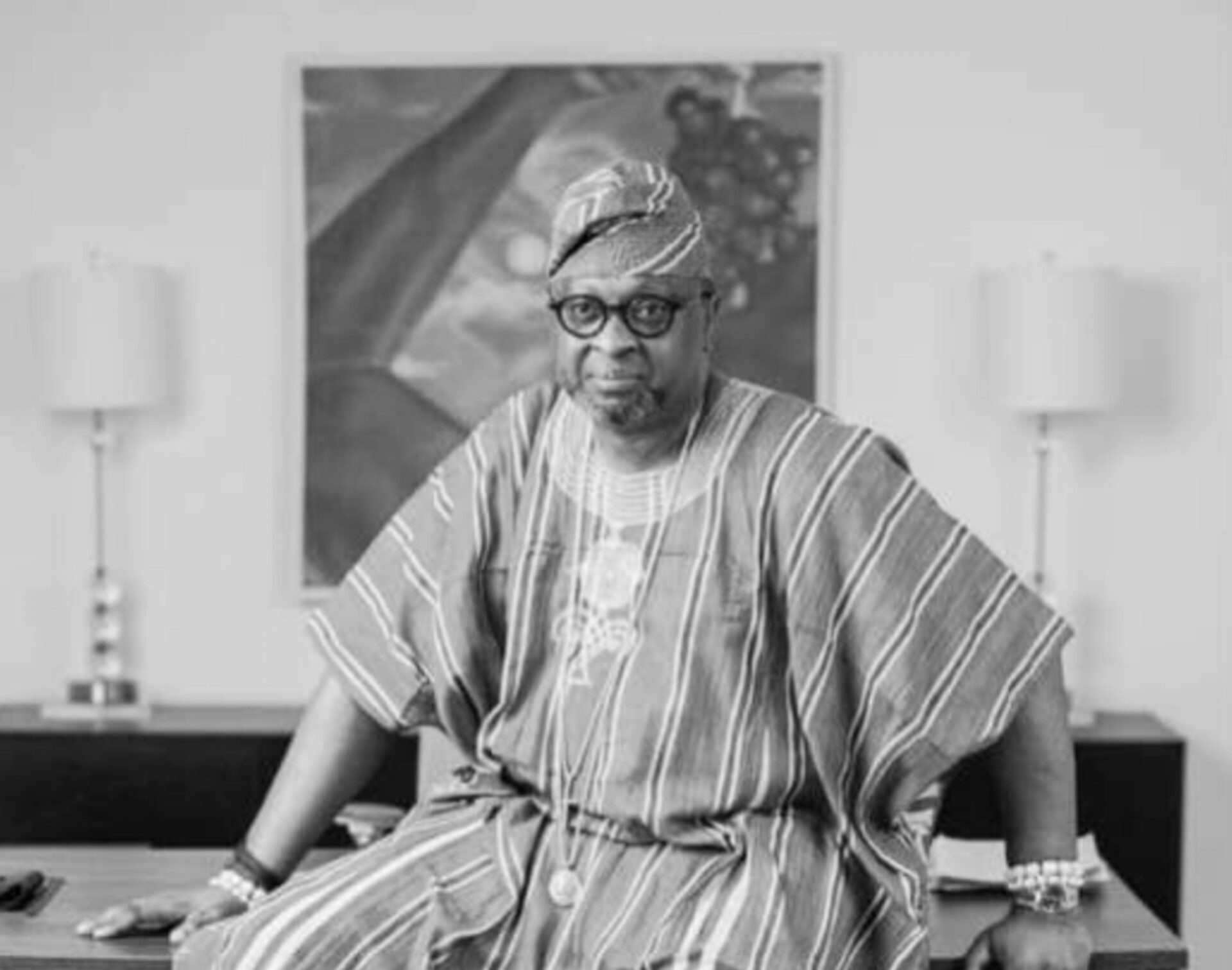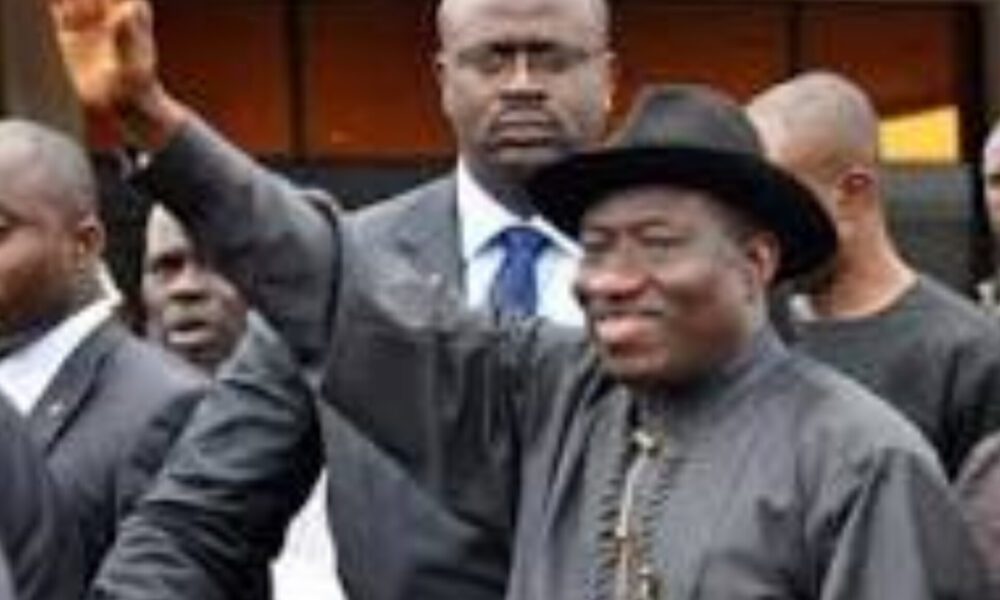By Tunde Olusunle
When Hyacinth Iornem Alia, a priest of the Catholic church declared his intention to contest for the 2023 governorship in Benue State, his interest resonated with the people of the state. Back in 1991 under the eternally endless “Third Republic” transition programme of the General Ibrahim Babangida administration, an older priest of the same denomination, Moses Orshio Adasu, contested the governorship of the same state. Adasu ran on the platform of the Social Democratic Party, (SDP) one of the two political parties established by the Babangida regime at the time, won the election and was inaugurated on January 2, 1992. He was barely two years in office before the famously ruthless army General, Sani Abacha abrogated the Third Republic in November 1993.
Adasu, nonetheless left positive and enduring fingerprints on the face of the state. He is credited with changing the character of education and industrialisation in the state. He founded the renowned *Benue State University, (BSU), Makurdi,* perhaps one of the best run state-owned universities in the country. Adasu also upgraded the *Benue State College of Education, Oju.* He conceived the *Benue State Fruit Drink Company* to take advantage of the abundant agricultural potentials in the state. To be sure, the hybrid aroma of mangoes and oranges, forever drench your nostrils in the afternoon air, even on a casual drive through the state. Adasu similarly drew up the framework for the establishment of a *Roof Tiles Production Company,* to support the development of the upcoming construction industry in Benue State. Adasu passed at 60 in 2005.

Memories of Reverend Father Adasu’s imprimatur three full decades before Alia’s declaration to run for the topmost position in Benue State, easily recommended him to the predominantly Catholic polity. In May 2022 shortly after he made his intention public though, he was suspended by the Catholic Bishop of Gboko, William Avenya. Alia was pointedly reminded that: “The Mother Church does not allow her clerics to get involved in partisan politics on their own.” Alia, however, was somewhat popular amongst sections of the common folk. He regularly held “healing masses,” where miracles were reportedly wrought. There is no documented beneficiary of these “healings” anywhere. This reason, and the many politically muscular shoulders which availed themselves to Alia to rest and ride on in his first ever political venture, smoothed his pathway.
Alia assumed office in May 2023 and launched out gestapo style, against perceived enemies of his new government. His agents prowled the streets and mechanic workshops of urban areas in the state, ferreting for automobiles presumed to belong to the state government and impounding them. Alia’s milieu was already logging litigations as early as its first weeks. He fell out with his benefactors, notably George Akume, the first governor of Benue State this Fourth Republic. Akume, the incumbent Secretary to the Government of the Federation, (SGF), has long been a major political force in the state, hailed for having good nostrils for the identification of politically marketable candidates.
Akume it was who backed the candidature of Alia’s predecessor, Samuel Ortom and availed him the gubernatorial ticket of the All Progressives Congress, (APC), late 2014. Ortom felt done in, at the governorship primary of the Peoples’ Democratic Party, (PDP) and Akume was there for him. Alia has also been at daggers drawn with Dickson Tarkighir, the Member Representing Makurdi/Guma federal constituency in the House of Representatives, of the same political party with him. Apart from committing his own personal resources into the enthronement of Alia, Tarkighir reportedly leveraged his goodwill to advance the latter’s political ambition. In one instance, Tarkighir we understand, structured a whopping N500 million, ex-gratis support for Alia from a former governor of one of the northern states. All of these to give Alia’s quest a push. The last time I checked though, Alia’s agents had marked Tarkighir’s popular entertainment hub in Makurdi city centre, for possible demolition. Alia indeed reportedly has issues with a number of other Benue representatives in the *green chambers* including Philip Agbese, Deputy Chairman of House of Representatives Committee on Media and Public Affairs.
If Alia’s interactions with fellow members of the same party with him is this discordant, his relationship with members of opposition parties is more cantankerous. He has accused Ortom of leaving a liability of over N350Billion for him, on workers salaries alone and will stop at nothing to investigate the Ortom circa. Under Alia, a commission of inquiry was set up to interrogate the deployment of funds, (income and expenditure) of Benue State Government, from May 29, 2015 to May 28, 2023, encapsulating the Ortom years. A Benue State High Court on May 29, 2024, however, restrained the incumbent administration in Benue State, from probing Ortom’s government. The court order stopped the Commission of Inquiry from sitting, pending the hearing and determination of a motion on notice filed by Ortom. Such are the several fronts Alia is fighting against.
More recently, Alia purportedly put a call through to the *Och’Idoma,* the paramount ruler of the Idoma nation, *Agabaidu Elaigwu Odogbo Obagaji John,* CON, ahead of a reception for distinguished Idoma sons and daughters. The event was scheduled for Saturday June 29, 2024 and Alia allegedly ordered the removal of the name of the Ortom era Commissioner for Finance, David Olofu, from the list of honorees. If the *Och’Idoma* wouldn’t do his bidding, Alia allegedly threatened not to attend the event where about two dozen Idoma pathfinders including the Benue State deputy governor, Sam Ode, were also to be celebrated. Since traditional rulers have lately been the butt of contempt and irreverence by the political class, the *Och’Idoma* applied wisdom.
David Olofu reportedly set aside his thriving business concerns to oblige the call to serve his state as member of the state executive council as finance commissioner under Ortom. He was found worthy of retention so he served a stretch of eight years in that capacity without blemish. His friends swiftly redirected their energies from celebrating a singular event, to emplacing a more enduring legacy. Rather than a single day revelry therefore, Olofu was encouraged to launch a support scheme for indigent students from the nine local government areas in Idomaland. A seed sum of N50million was spontaneously polled for the purpose. Renowned academic and former Secretary to the State Government, (SSG) in Benue State during the regime of Gabriel Torwua Suswam, David Salifu, a professor, will chair the board.
While almost disrupting the investitures in Otukpo at the heart of the Idoma country, Alia was stoking trouble elsewhere in the state. George Akume one of his predecessors and until recently his mentor was to be honoured by the NKST Church in Daudu-Mbawa, Guma local government area, on Sunday June 30, 2024. A radio announcement on the eve of the event, on the state radio placed by the Caretaker Chairman of Guma, Unongu Simon, an Alia loyalist, however, advised a cancellation of the event citing security worries. David Iorhemba, erstwhile Speaker of the State House of Assembly and Chairman of the Central Planning Committee of the event, countered Unongu’s advisory, assuring that the incident would be hitch-free. Such is the “cat-and-mouse” entanglements between Alia and the political class in Benue State.
As we speak, Alia is most probably brawling with all his three predecessors in the persons of Akume, Suswam and Ortom in that order. Many leaders across political persuasions will tell you matter-of-factly that if Alia were to face a referendum today, he will be clobbered and mercilessly bloodied. True, he is paying workers salaries and the pensions of retirees regularly. But he is almost totally estranged from the critical mass of the political class, the structure which helped him into office. He was, not too long ago, indeed accused of running government as though he was managing a church parish! His recent interference in the sociocultural affairs of the Idoma people has not helped his public rating. The Idoma nation of David Mark, Audu Ogbeh, Chris Abutu Garba, Lawrence Onoja, Sunday Idoko, Monday Morgan, Wilson Inalegwu, Stephen Lawani, Abba Moro, Godwin Obla, SAN, Paul Harris Ogbole, SAN, Usman Abubakar, (Young Alhaji), don’t find Alia’s meddlesomeness in their affairs, funny at all.
It is yet to be seen if Hyacinth Alia can boss and disregard the *Tor Tiv, James Ortese Iorzua Ayatse,* an Emeritus professor and former Vice Chancellor of the Federal University of Agriculture, Makurdi, the same way he just did to the *Och’Idoma.* But Alia truly, really needs to keep a cool, focused head if he is to make a success of his present term in office. Whether he will get a second term like his three predecessors this Fourth Republic will be determined by the way he manages his office and interpersonal relationships in the coming weeks, months and years.
Tunde Olusunle, PhD, is a Fellow of the Association of Nigerian Authors, (FANA)




